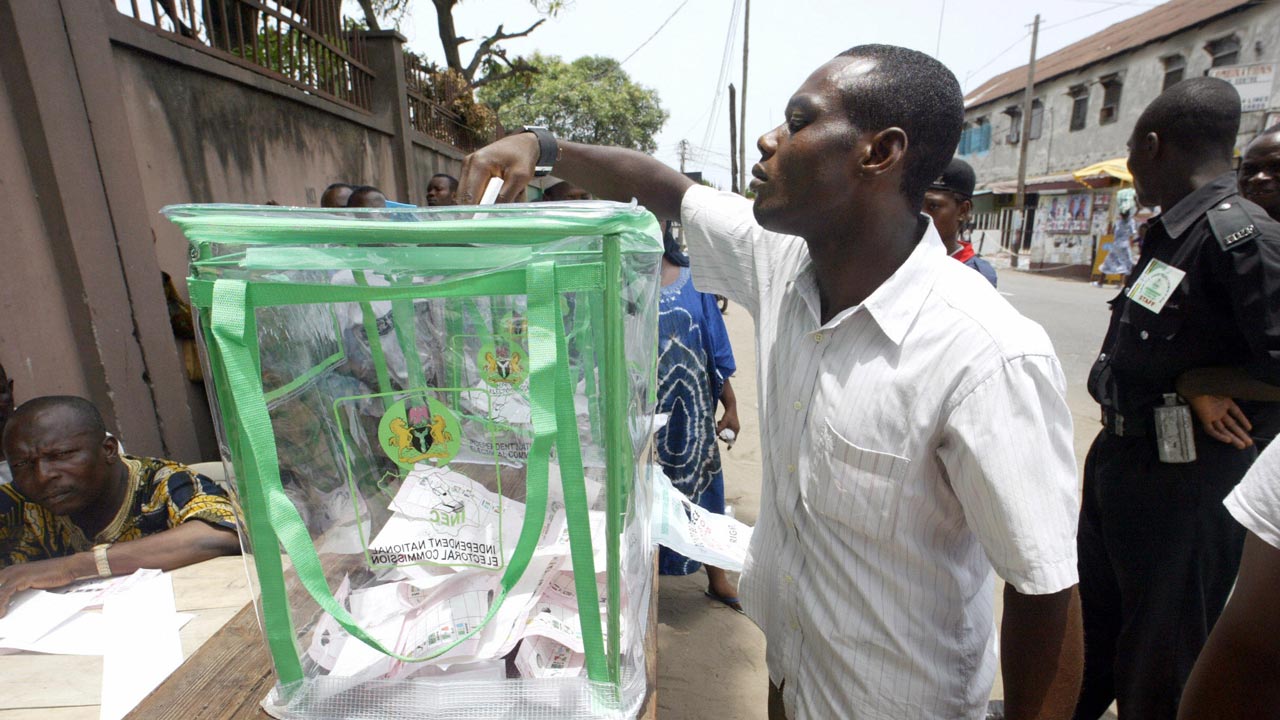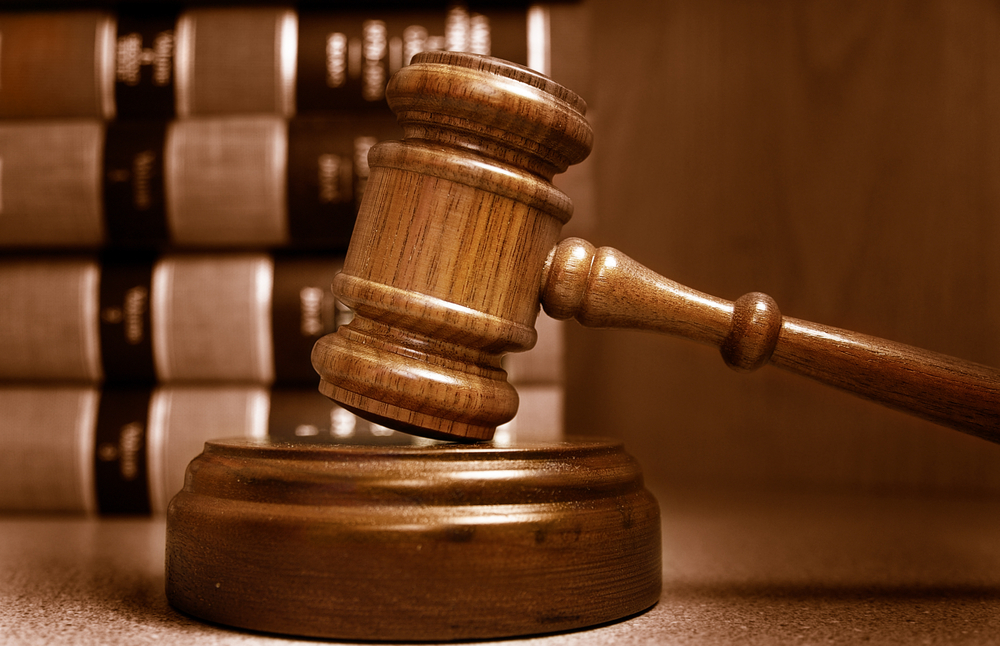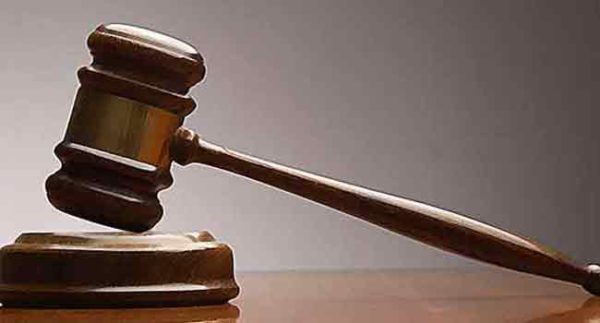By Dakuku Peterside .
Reading through the newspapers and social media in the past two weeks, I found myself thinking how nothing much seems to have changed in the conduct of the affairs of the political class and no lessons learnt from past occurrences. That self-inflicted crises plague the two major political parties is worrisome. But more unfortunate is that without the ability to organise themselves, the hope that they can provide the platform to galvanise ideas and talent required to bring Nigeria out of the dungeon and make us a great country is dashed.
The two major political parties and the other parties are all under intense crisis arising from the struggle to control the party’s soul for personal or selfish interests. The People’s Democratic Party (PDP) internal crisis seems to be more visible and virulent. The party’s internal crisis was triggered allegedly by the perceived conflict of interest between a South-South Governor and the party’s national chairman. The south-south governor, who many believed to be the party’s major financier, is fast emerging as the strongman or feudal lord of the party.
The strategy of the “national chairman must go” orchestra included inducing seven officers of the national working committee to resign allegedly on the excuse that the national chairman of the party lacks the capacity to run the party. It further included mobilising disgruntled youths, under “ Save PDP Group”, to protest and organising the PDP caucus in the House of Representatives led by the governor’s allies to demand the resignation of the party’s national chairman. Things moved very fast, almost spiraling out of control, until the influential PDP Governors Forum and Board of Trustees intervened. What may have saved the party from total disintegration is that, though it is an amalgamation of regional blocs and powerful elite, it has evolved organically with culture and systems in place.
The system though not perfect or resilient enough to stop the emergence of a strong man – feudal lord, a role the south-south Governor desires, is good enough to check the excesses of any individual. This system has momentarily given the party some respite leading to a resolution to hold an early national convention in October 2021, but the root of mutual suspicion runs deep.
On the other hand, the ruling party, the All Progressives Congress (APC), is also embroiled in its crisis, though less visible to observers for the single reason that the party is in power and has a president. The immediate catalyst for the APC crisis is the Supreme Court ruling in the Ondo state Governorship election and the ward congresses. The apex court judgement gave rise to multiple interpretations of the import and implication of the verdict. The ruling became an object of contestation in the media by lawyers, semi-lawyers and professional social media commentators. When you juxtapose this with those who either lost out or feel unjustly treated in the ward congresses, the complete picture of the tension building up becomes clearer.
Last week in Abuja, I had the opportunity to meet a professor of Political Science in one of the universities in the North who is a keen observer of developments in the parties. His interpretation of the rumbling in APC is three dimensional.
Prof’s first hypothesis is that the root of the emerging crisis is the perception by a section of the party leadership that three governors and a serving minister, all from the northern part of the country, have constituted themselves to the new engine room of the party letting their interest clash with the collective interest.
His second hypothesis is that Congress for progressive change (CPC) elements in APC attempt to subsume other groups that came together to form APC, take control of the party and position themselves for 2023 because the Buhari personae will exit the stage. He believes that this is a genuine pursuit of enlightened self-interest.
His final hypothesis is that the orchestrated inability of the party’s Caretaker / Convention committee to hold congresses and conventions fourteen months after being empowered to do so is part of the plot to perpetuate and entrench a tiny clique in the party over and above collective interest.
I disagreed with the professor on all fronts. I told him Gov Buni I know is a Man of Honour and will never be part of a plot to hand over a party many persons toiled to build to a few for some inconsequential and parsimonious reasons. The professor’s perception seems to stick even when there are indicators to the contrary. Proponents of this idea believe three governors and a serving minister have laid siege on the party, similar to the siege of Jericho in the Bible and the battle of Badr in the Holy Qur’an.
Unfortunately, the professor believes APC still operates as a “special purpose vehicle” instead of a fully integrated organic party. However, according to his analysis, the party is lucky to have an emperor- monarch figure in President Buhari who can call principal actors to order and rein them into line.
A pertinent question arises: why is there an emergence of strongmen or feudal lords in our political parties that ought to be bastions and symbols of democracy? The answer to this question relies on funding – he who pays the piper calls the tune. The method of funding parties is at the heart of it all. Wealthy and influential individuals and interest groups finance the party and not members. It is only natural that the individuals will impose their ideas and interest on the parties.
I cannot stress enough the need for party members to fund the political parties. This approach is the democratic process and stops party funders from hijacking the party and, in extension, governance.
The second answer is that parties are created and structured in such a way to be controlled by political office holders and not the other way around. In most cases, the President’s or state governors’ whims and caprices determine the political party’s direction. Instead of the president and governor being answerable to the political party through which they came to power, these people holding executive offices end up moulding the political parties in their image and likeness.
In situations where a state governor decamps and moves to the opposition party, all the organs and instruments of that party are handed over to him. He suddenly becomes the face of the party in the state. Those who stridently criticised his policies and decisions before the decamping suddenly start praising them. In contrast, those who were ‘high’ over his policies and pronouncement would suddenly see anything he does as devilish. This anomaly is the tragedy of the Nigerian political situation.
The second question is: Why can’t the parties organise themselves to give Nigerians hope to translate our country’s potential to tangible relatable results? This question presents a chicken and an egg situation. Between the country and the parties, which one should demonstrate the capacity of being organised for the national interest? The truth is that the political parties reflect the dominant political environment in the country. We make bold to say that political parties are a microcosm of the larger political and social environment. If the larger society and its structures and systems function well, the political parties will follow suit and reflect this efficiency.
Two models have emerged from other climes that can help us understand this better. In the first model (represented by western democracies), political parties are essential institutions of democracy. By competing in elections, parties offer citizens a choice in governance, and while in opposition, they can hold governments accountable. When citizens join political parties, volunteer their time,donate money and vote for their leaders, they exercise their fundamental democratic rights. Participation in political parties offers unique benefits, including opportunities to influence policy choices, choose and engage political leaders, and run for office. Here, the parties are subject to the members and adhere to the rules of engagement, both legal and convention, and follow internal and external procedures of the party.
The second model is the mono party system (represented by the Chinese party model). In this instance, the party is linked to state power, and both reify each other. The state is under the party’s direct influence, and the party is a conduit to supply the state with both personnel for power control and dominant ideology. The state, on the other hand, funds the party and defines how the party functions. The party and the state championed the state-driven neo-
capitalist economy that has brought great wealth to China. The party sets the reformed socialist-capitalist ideology that the state runs and, apart from insufficient freedom credentials, has worked for China.
In the two models above, the parties play a significant role in shaping the governance and economic prosperity of the countries. Political parties in Nigeria must do the same. The parties should have explicit ideologies and formidable structures that will allow them to capture power and use it in line with their ideologies and policies articulated in their manifestos to provide prosperity to Nigeria.
No one expects that APC and PDP would suddenly become bastions of ideology like the Democratic and Republican parties in the United States or the Conservative and Labour parties in the United Kingdom. However, after 21 years of uninterrupted democratic rule, it is expected that the parties would at least have some semblance of order and direction. An aspiring politician in Nigeria should identify which parties align more with their beliefs and life outlook. They should see the parties as distinct assemblages of like minds to decide which set of people are of their like.
The nexus between some emergent feudal lords in the political parties trying to control the soul of the party before general elections, to the exclusion of perceived competitors, and the rise in internal resistance and wrangling is a pattern that is evident even to the least discerning. It is an orchestrated trend to enforce prominent personalities instead of good ideologies. As long as our political parties are more about persons than ideology, values, and philosophy, nobody can wish away internal crisis. It is only unfortunate that the siege will be transferred to governance if any party is elected to run the government, and Nigerians will pay the price of having parties built on sand, run our country. The current challenge is how to free the parties from the stranglehold of power and money entrepreneurs.
The fate of Nigeria’s democracy links to how well our political parties function. We should strengthen the laws governing the conduct of the political parties to make them more effective. The Independent Electoral Commission (INEC) should have powers to enforce internal democracy on the political parties. INEC should function like a real umpire – that it does not pander to the interests of the president, the ruling party or any other interest aside from that of Nigeria and her chequered democracy.
The election period is a time to test the resilience of the parties, and they always fail. This test often exposes the weak foundation of the major political parties as an assemblage of people driven by self- interest and not national interest.
The present crises , if not checked, will dovetail into and complicate the coming elections. The major beneficiary would be the judiciary who will feed on the land mines in the constitutions of the parties.





